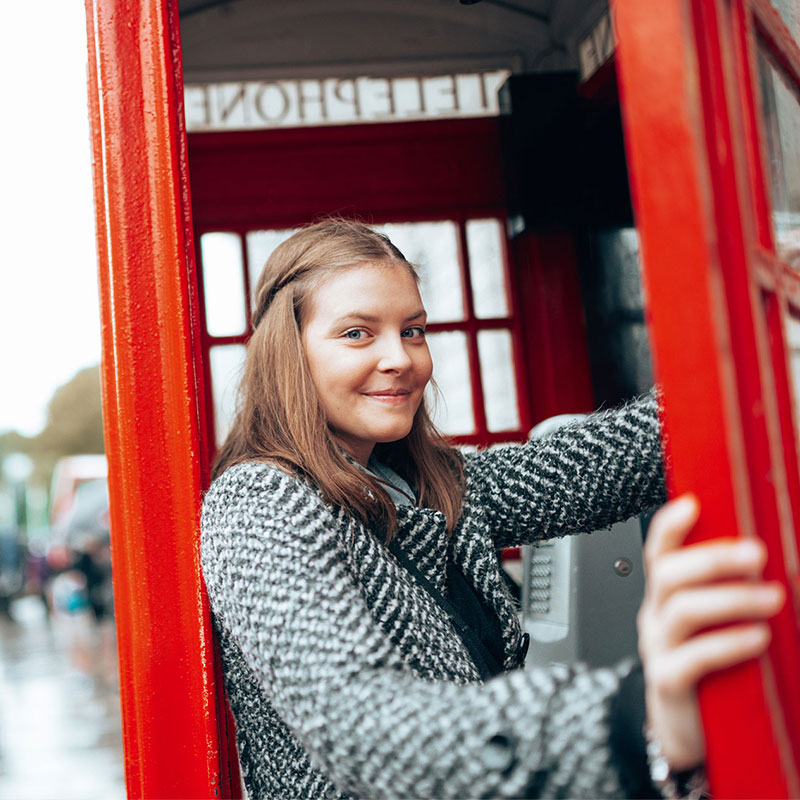The UK has run a widespread and successful vaccination programme. Students can expect a normal experience when studying in the UK.
- The use of face coverings is no longer a legal requirement but it is still encouraged in some public indoor settings.
- You may need evidence of your vaccination status or a recent negative Covid test to access some events and venues.
- Some social distancing measures may be in place in some public settings.
There may be some differences to the rules in the UK’s four nations. Please check national government websites for full details for England, Wales, Scotland and Northern Ireland.
Covid symptoms and testings
Language centre staff will explain to students exactly what they should do if they notice any Covid symptoms.
Covid vaccinations in the UK
Everyone living and studying in the UK is encouraged to get vaccinated.
Any student who lives in the UK and is registered with a GP can access a Covid vaccine. All students in England can register with a GP. They do not need to provide proof of address or immigration status. There are slightly different rules and procedures for registering with a GP in Scotland, Wales, and Northern Ireland.
Studying in the UK
Accredited English language centres in the UK have to meet high standards of care, and conduct regular risk assessments to help them keep students as safe as possible.
Face coverings in classrooms are not a legal requirement, but language centres may still ask students to wear one in some situations.
Safety measures might change and will depend on each school setting, but may include:













